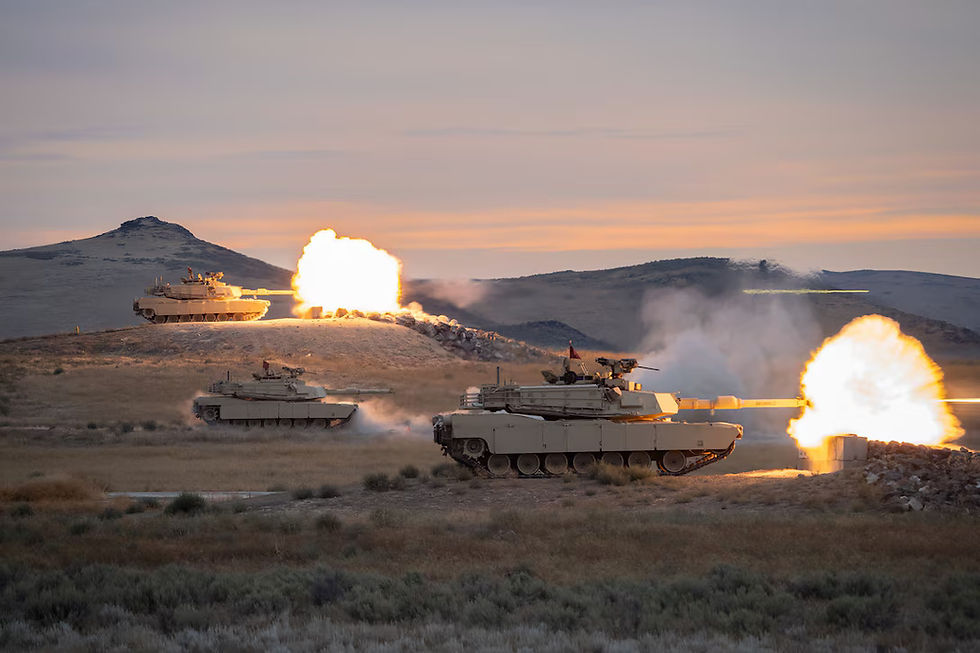THE IRAN PROJECT PART TWO: NUCLEAR PROGRAM COMPLICATIONS
- blpglobalanalyst
- Jul 25, 2021
- 10 min read
Updated: Nov 26, 2024
Aimee Hanstein, Eleonore Thibaud, Marco Parks, CENTCOM Team
Want to read more?
Subscribe to counterthreatcenter.com to keep reading this exclusive post.







